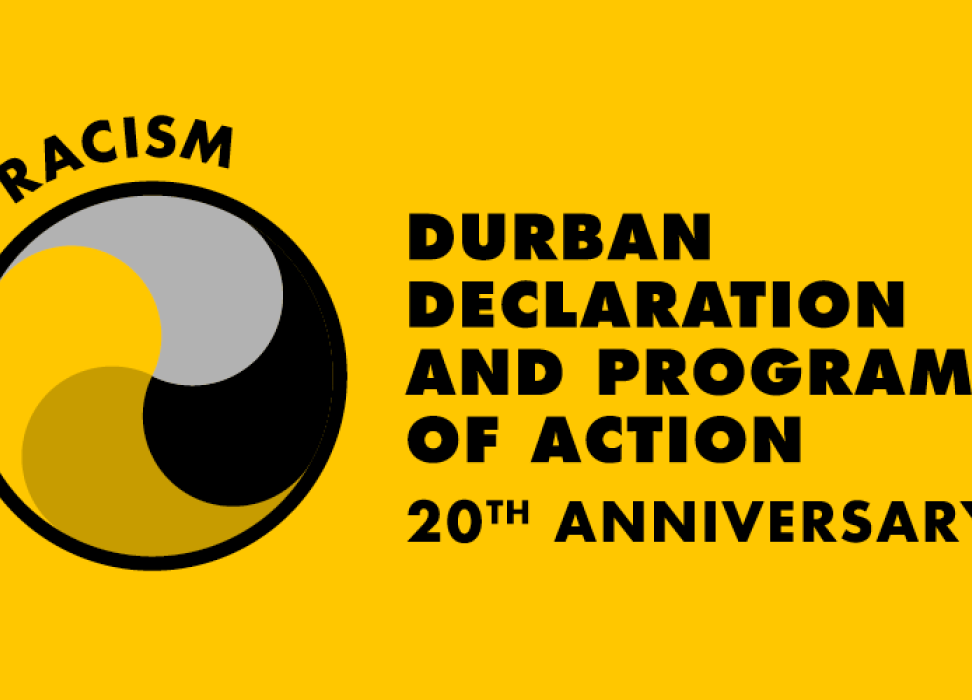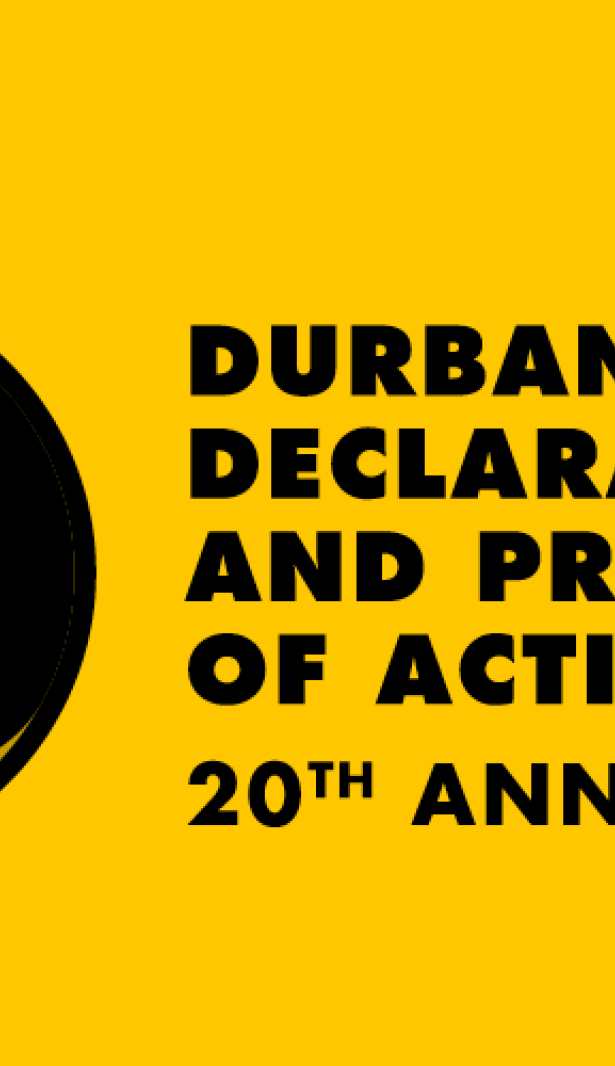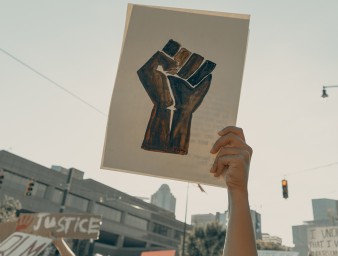Pioneering document on fighting racism, discrimination and intolerances turns 20
24 September 2021

UN High Commissioner for Human Rights Michelle Bachelet urged governments to rise above past controversies and join together to combat racism and related discrimination.
“Two decades on, the inequalities and suffering they generate for Africans and people of African descent, Asians and people of Asian descent, indigenous people, migrants and members of ethnic and religious minorities – including victims of Islamophobia and anti-Semitism – continue to hold back all our societies and harm both sustainable development and social cohesion.”
Bachelet’s statement during an event commemorating the 20th anniversary of the Durban Declaration and Programme of Action (DDPA) during the United Nations General Assembly. The DDPA is a comprehensive, action-oriented document that proposes concrete measures to combat racism, racial discrimination, xenophobia and related intolerance.
Adopted at the 2001 World Conference Against Racism (WCAR), it addresses a range of issues and contains recommendations and practical measures
“Racism and racial discrimination still permeate institutions, social structures and everyday life in every society,” said UN Secretary-General António Guterres. “Structural racism and systematic injustice still deny people their fundamental rights.”
But, Guterres said there is hope to be found in the movements for racial justice and equality led by young people and women, which have emerged with “unprecedented force, reach and impact.
“This new awakening has created momentum that we must seize upon,” he added.
Current events show how now, 20 years on, the DDPA is still relevant, said Domonique Day, Chair of the Working Group on People of African Descent.
“For example, most States ignored early indications that people of African descent would be particularly hard hit by the COVID-19 pandemic, as well as the DDPA’s guidance noting the contributions of race to health disadvantage,” she said. “Today, stark racial disparities continue to characterize COVID-19 infections, severity, and mortality.”
Reparations and racial justice for people of African descent
The event focused on reparations, racial justice and equality for people of African descent, an issue that many speakers said was at the epicentre of the document.
Millions of the descendants of Africans who were sold into slavery remain trapped in lives of underdevelopment, disadvantage, discrimination and poverty, said President of the Republic of South Africa Cyril Ramaphosa. He called on the United Nations to put the issue of reparations on its agenda.
“We support the adoption of special measures, including affirmative action programmes and targeted financial assistance, as restitution to communities whose ancestors were sold into slavery,” he said. “We further support all measures being undertaken to address the historic and contemporary discrimination against people of African descent.”
In the DDPA, States agreed that slavery and the slave trade were crimes against humanity and should always have been so. States also recognized that colonialism has led to racism and racial discrimination and that Africans and people of African descent, people of Asian descent and indigenous peoples continue to be victims of its consequences.
Many of the speakers during the panel discussions said reparatory justice is crucial for reconciliation, prevention of conflicts and the creation of societies based on fairness, equality, respect and solidarity.
High Commissioner Bachelet urged States to recognize the continued burden of past and contemporary forms of racism and exclusion on people of African descent and go beyond symbolism and look at the actual political, human and financial costs that will be required to achieve true reparatory justice.
“To recognize the past and truly leave no one behind in future, it will be important to promote equality not only within, but also among countries – transforming our world towards social, economic and environmental sustainability, and I would encourage greater international engagement on these issues of reparatory justice,” she said.
24 September 2021



